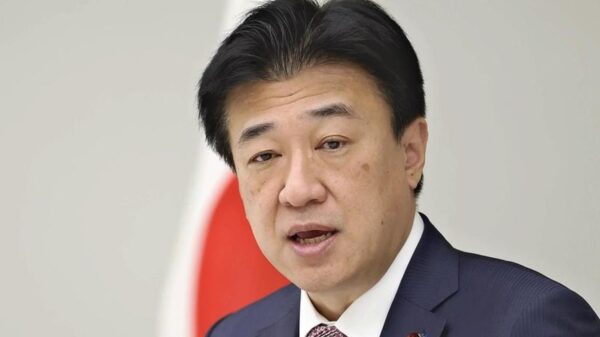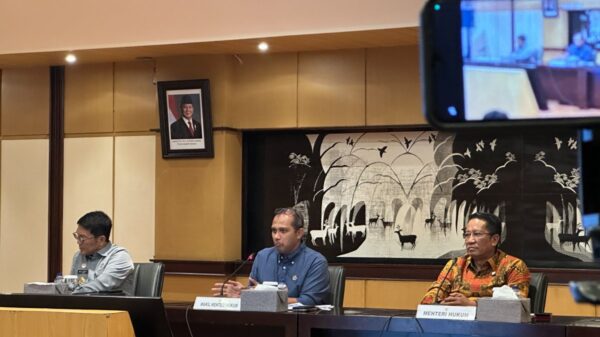The finance committee has approved a transfer request from the police department aimed at addressing significant financial shortfalls due to staffing issues and an unexpected National Guard deployment. The total amount requested for the transfer is $82,340.29, which will be reallocated from the patrolman salary line to cover both comp-time buybacks and overtime expenses.
During the meeting, Speaker 12 disclosed that the buybacks for officers converting accrued comp time to pay amounted to $56,008.64. Additionally, the department faced an overtime shortfall of approximately $15,004.76. To ensure adequate funding through the end of the year, an extra $10,000 buffer was requested, bringing the total financial need to $82,340.29.
As for the current staffing status, Speaker 12 reported that the department is short by about six patrol officers. However, there are three recruits currently in the academy, along with one new hire, Nathan Lowry, who is entering the training pipeline. These new additions are expected to alleviate the staffing shortfall by February or March of the following year. The need for additional overtime has been exacerbated by the deployment of Sergeant Kodum, who has been ordered to active duty with the National Guard for at least 120 days.
Committee members expressed the need for transparency regarding the buyback transactions and requested a detailed list for review. Speaker 12 agreed to circulate this information among the committee members. The committee has signaled its support for the transfer, indicating it will facilitate buybacks and provide necessary staffing flexibility as the year progresses.
Next Steps for the Police Department
The immediate next steps involve staff distributing the buyback list to committee members and processing the financial transfer. Additionally, human resources and finance teams will continue to finalize the insurance premium numbers for 2026, which are critical for the upcoming budget planning.
This situation underscores the ongoing challenges faced by police departments, particularly in balancing financial resources while ensuring adequate staffing levels. The reliance on overtime and comp-time buybacks reflects broader trends in law enforcement agencies, where staffing shortages have become increasingly common due to various factors, including deployments and recruitment difficulties.
As the police department moves forward, these decisions will play a crucial role in shaping its operational capabilities and financial health. The committee’s approval of the transfer illustrates a proactive approach to addressing these pressing needs, ensuring law enforcement can maintain its essential functions even amid staffing challenges.
See also Cohere CEO Predicts AI Will Transform Finance, Valued at $7 Billion After Latest Funding
Cohere CEO Predicts AI Will Transform Finance, Valued at $7 Billion After Latest Funding CFP Board Reveals Key Strategies for Integrating AI in Financial Planning Profession
CFP Board Reveals Key Strategies for Integrating AI in Financial Planning Profession AI Transforms Climate Finance in Africa: Strategies for Resilience and Growth
AI Transforms Climate Finance in Africa: Strategies for Resilience and Growth Australian Executives Embrace AI’s Role in Finance, 91% Fear Delaying Adoption
Australian Executives Embrace AI’s Role in Finance, 91% Fear Delaying Adoption Nvidia Surpasses Q3 Earnings Estimates with $65B Revenue Forecast, Stock Jumps 5%
Nvidia Surpasses Q3 Earnings Estimates with $65B Revenue Forecast, Stock Jumps 5%



























































